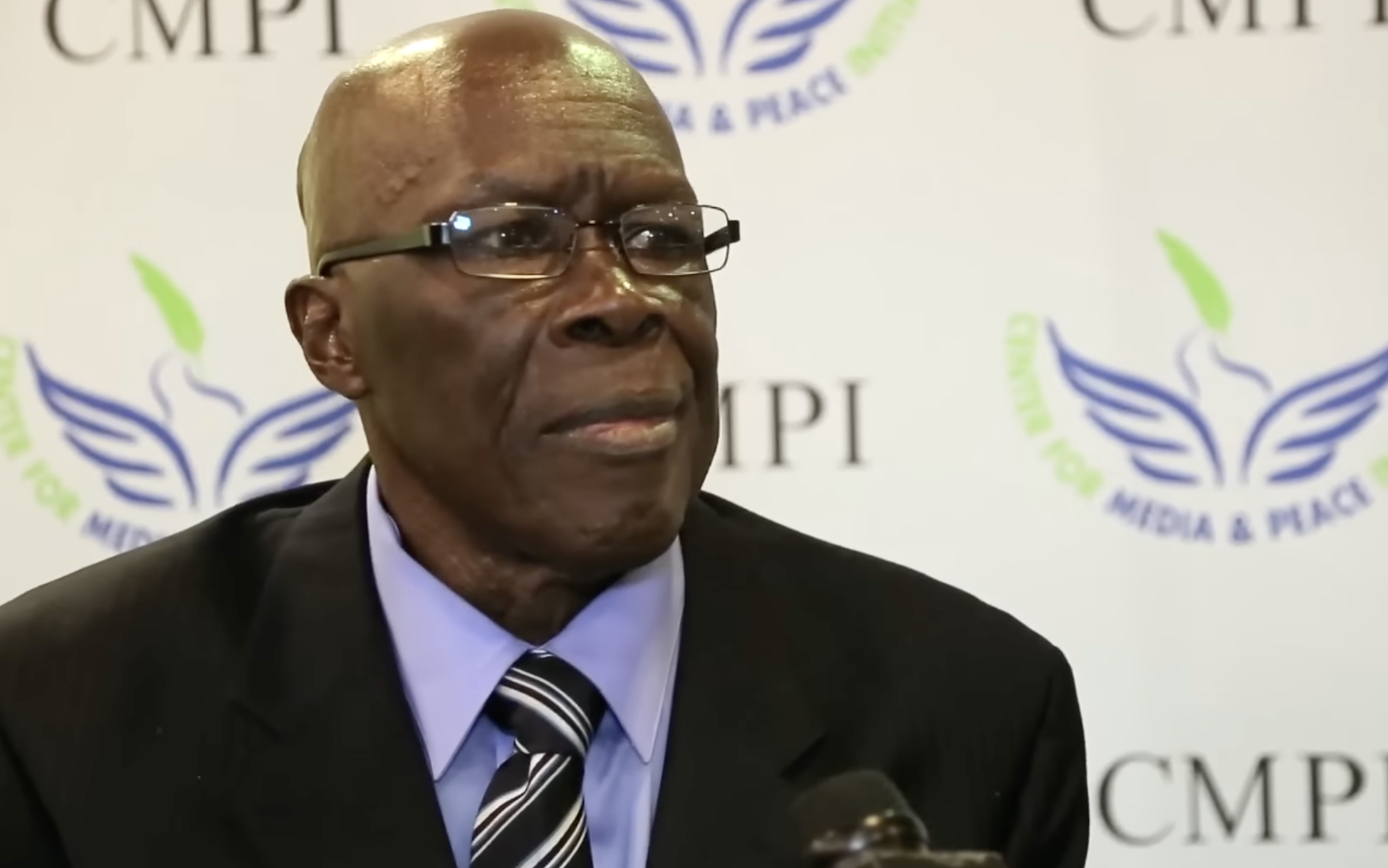According to Russian Ambassador to Cairo, Georgy Borisenko, Russia emerged as Egypt’s leading grain supplier in 2024, exporting more than 10 million tons of wheat, an all-time high for both countries.
“Russia is the largest exporter of wheat to Egypt and delivered more than ten million tons there last year. This is an unprecedented figure because no other country in the world has purchased grain in such volumes, and Russia has not sold this much wheat to any other country,” the ambassador emphasized.
The magnitude of this trade relationship is further highlighted in a report by Russian news agency TASS, which cited remarks made in May by Tatyana Menlikeyeva, head of the regional branch of Russia’s Federal Center for the Safety and Quality Assessment of Agricultural Products in Tatarstan.
Speaking at the Russia-Islamic World KazanForum, Menlikeyeva revealed that Russia exported a total of 64 million tons of grain and grain products to 40 Muslim majority countries in 2024.
Egypt, in particular, has now become the world’s largest importer of Russian wheat, marking the highest annual grain shipment ever recorded by Moscow to a single nation.
This development signals more than just strong trade figures; it reflects a strategic partnership between Cairo and Moscow, one that is likely to deepen as Russia shifts focus toward markets in the Global South and as African nations seek reliable, cost effective sources of essential imports like wheat.
Russia’s trade relations with Africa have undergone a significant transformation in recent years, particularly in 2024, as Moscow strategically deepens its economic engagement with the continent.
Among the most notable developments is the unprecedented surge in agricultural exports, especially wheat, that has made Russia not only a vital trade partner to many African states but also a dominant player in global food supply chains
At the heart of this shift is Russia’s agricultural push. In 2024, Russian agricultural exports to Africa reached over $7 billion, a 19% increase from the previous year, spanning 45 African nations.
Wheat, barley, and corn comprised the bulk of these exports, accounting for 87% of the agricultural total. This growth is not merely statistical; it has concrete geopolitical implications.
Beyond Egypt, several African countries have sharply increased their Russian wheat imports. By March 2025, Nigeria’s purchases rose 2.7 times, Morocco’s more than doubled, and Kenya’s grew by 35 percent.
These gains reflect Russia’s expanding agricultural footprint across North, West, and East Africa, with grain exports becoming a key pillar of its regional influence.










